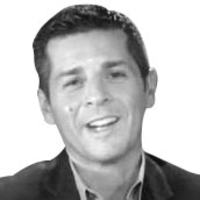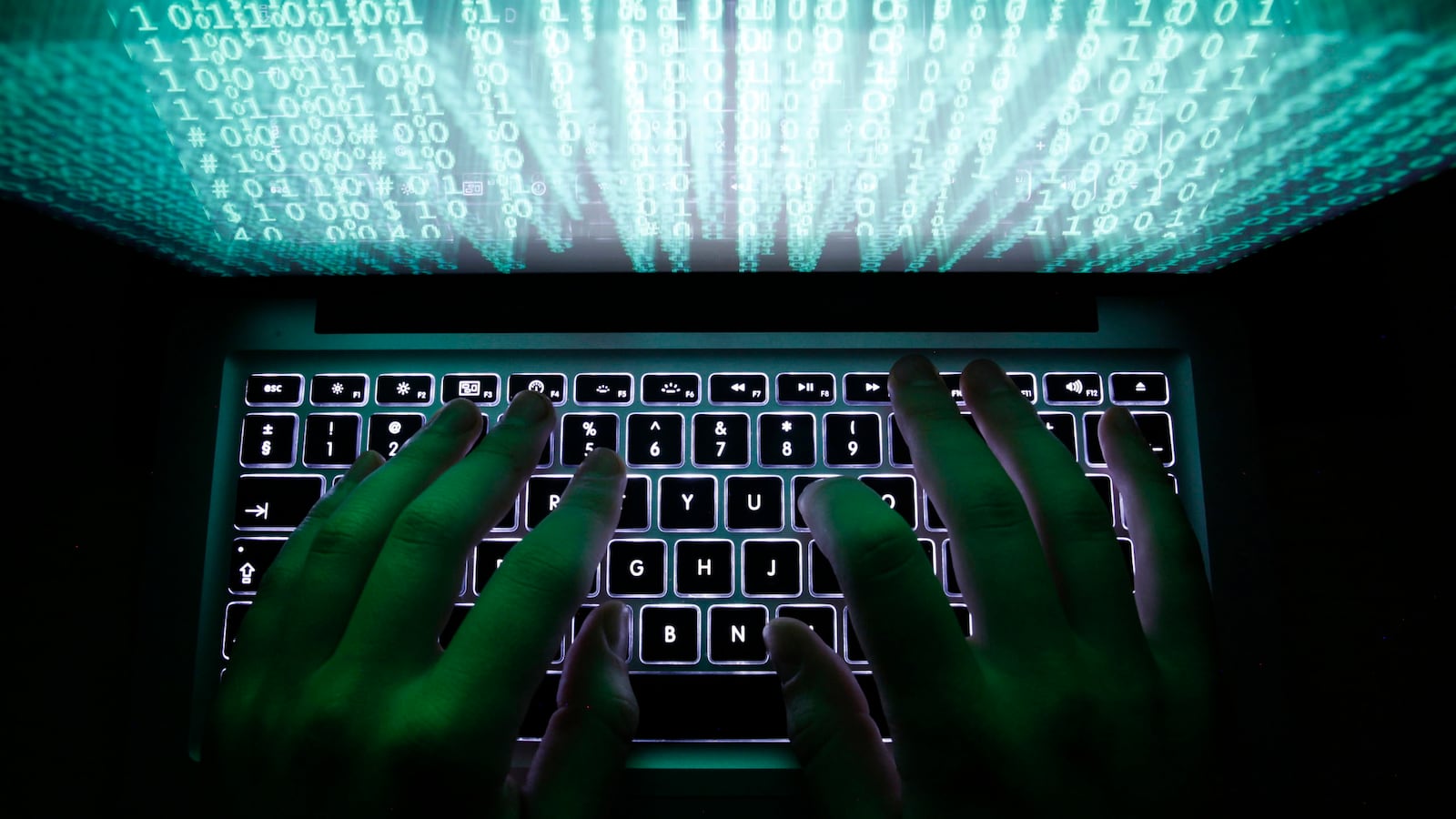Sometimes I actually forget that simply because I’m Muslim, my own government might consider me suspicious. But then there are things that serve as jarring reminders, such as today’s news that Muslim-American leaders were being spied on by the NSA and FBI.
Reporters Glenn Greenwald and Murtaza Hussain, based on information provided by Edward Snowden, have documented the FBI and NSA’s covert surveillance of the email accounts of 202 American Muslims. The surveillance focused on visible Muslim-American leaders such as civil rights advocates, lawyers and a Republican political candidate during 2006-2008.
Let me be candid. My initial reaction to reading the articles headline, “Meet the Muslim-American leaders the FBI and NSA have been spying on,” may surprise some. I wasn’t angry as much as curious: Did I make the list? After all I’m pretty visible. Between 2006 and 2008, I had co-starred in the Comedy Central special “Axis of Evil,” where I mocked George W. Bush and many aspects of the war on terror. I had even performed stand up across the Middle East, including in Egypt, Palestine, and Saudi Arabia. But it appears I didn’t make the cut.
Just so it’s clear, I’m not making light of the government’s surveillance of Muslim-Americans. The idea that a religion—or a race—is deemed probable cause by law enforcement to investigate any American is an affront to our Constitution. But sometimes a sense of humor is the only thing that can keep you sane.
Being spied on is nothing new for the American-Muslim community. Since 9/11 many of us assumed, and correctly as it turns out, that undercover law enforcement officers were attending our events in New York City. At Arab-American comedy shows, I’d often ask the crowd: So who is Arab? Who is an undercover NYPD officer? (Of course, they never responded, but sometimes you could pick them out.)
As we later discovered, the NYPD—with help from the CIA—had been secretly monitoring Muslims in New York City where we worked, dined and prayed. They even engaged in surveillance of Muslim-American college clubs. And after six years of this program, do you want to know how many criminal cases were initiated against the Muslims the government had spied on? A big fat zero.
The difference, though, between the NYPD’s wholesale surveillance project and this newly discovered program is that the federal government was targeting many civil rights leaders in our community. It’s very much akin to when the FBI spied on Rev. Martin Luther King, Jr. in the 1960s.
In King’s case, J. Edgar Hoover predicated his covert surveillance of King on the guise of fighting communism. You see, in the 1960s, communism was the great threat to the United States, so these actions by the FBI—illegal or not—were seen as keeping Americans safe.
Flash-forward to the post 9/11 era, and America’s enemy of communism has been replaced by “radical” Islam. Consequently, surveillance of Muslims—radical or not, illegal or not—is seen as keeping America safe. The irony is that many of us who are inspired by Dr. King’s fight for civil rights are now subject to the same surveillance by our government that he endured.
The five Muslim-Americans profiled in the article include Asim Ghafoor, a lawyer born in St. Louis who had worked on Capitol Hill as a staffer and later as a civil rights advocate. Another was Faisal Gill, a U.S. Navy veteran, who had in the past secured the GOP nomination for the Virginia House of Delegates. (Yes, there are some Republican Muslims, but why is beyond me!)
The list also includes one person I know, Nihad Awad. He’s the executive director of the Council on American-Islamic Relations (CAIR), the largest Muslim civil rights organization in the country. Awad has worked with numerous US government officials over the years.
Of course, CAIR has been demonized unmercifully by the Islamophobes. As Greenwald and Hussain point out, Islamophobia has played a role in the government’s surveillance of Muslim-Americans.
Awad’s comment in the article aptly sums up the frustration many in the Muslim-American community feel: “I’m outraged as an American citizen that my government, after decades of civil rights struggle, still spies on political activists and civil right activists and leaders.” Awad added, “despite all the work that we have been doing in our communities to serve the nation, we are treated with suspicion.”
Although it’s not 100 percent clear, the sense from today’s article is that this specific covert surveillance project ended in 2008. But let’s be honest: Who really knows? None of us—Muslim or not—have any idea what exactly our government is doing when it comes to secretly monitoring us.
What I’ve learned from my travels to the Middle East is that there, the leaders want you to think they are able to spy on everyone, even though they lack the technology to do so. In our country, the government wants you to believe they are not, even though they actually could be.






